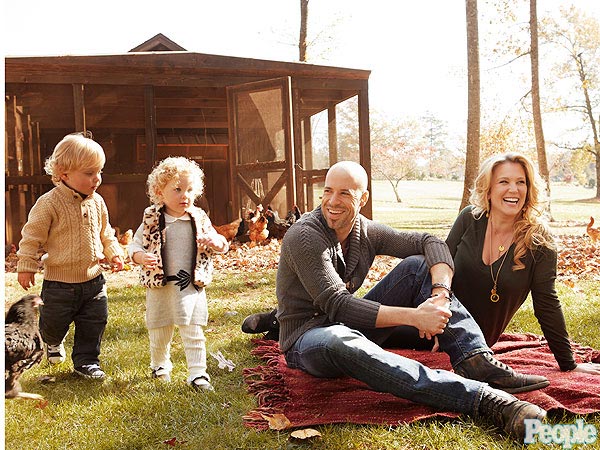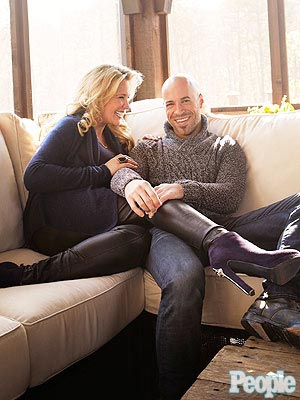NEW YORK (Reuters) - After over a month of watching Capitol Hill and Pennsylvania Avenue, Wall Street can get back to what it knows best: Wall Street.
The first full week of earnings season is dominated by the financial sector - big investment banks and commercial banks - just as retail investors, free from the "fiscal cliff" worries, have started to get back into the markets.
Equities have risen in the new year, rallying after the initial resolution of the fiscal cliff in Washington on January 2. The S&P 500 on Friday closed its second straight week of gains, leaving it just fractionally off a five-year closing high hit on Thursday.
An array of financial companies - including Goldman Sachs
"The banks have a read on the economy, on the health of consumers, on the health of demand," said Quincy Krosby, market strategist at Prudential Financial in Newark, New Jersey.
"What we're looking for is demand. Demand from small business owners, from consumers."
EARNINGS AND ECONOMIC EXPECTATIONS
Investors were greeted with a slightly better-than-anticipated first week of earnings, but expectations were low and just a few companies reported results.
Fourth quarter earnings and revenues for S&P 500 companies are both expected to have grown by 1.9 percent in the past quarter, according to Thomson Reuters I/B/E/S.
Few large corporations have reported, with Wells Fargo
The KBW bank index <.bkx>, a gauge of U.S. bank stocks, is up about 30 percent from a low hit in June, rising in six of the last eight months, including January.
Investors will continue to watch earnings on Friday, as General Electric
HOUSING, INDUSTRIAL DATA ON TAP
Next week will also feature the release of a wide range of economic data.
Tuesday will see the release of retail sales numbers and the Empire State manufacturing index, followed by CPI data on Wednesday.
Investors and analysts will also focus on the housing starts numbers and the Philadelphia Federal Reserve factory activity index on Thursday. The Thomson Reuters/University of Michigan consumer sentiment numbers are due on Friday.
Jim Paulsen, chief investment officer at Wells Capital Management in Minneapolis, said he expected to see housing numbers continue to climb.
"They won't be that surprising if they're good, they'll be rather eye-catching if they're not good," he said. "The underlying drive of the markets, I think, is economic data. That's been the catalyst."
POLITICAL ANXIETY
Worries about the protracted fiscal cliff negotiations drove the markets in the weeks before the ultimate January 2 resolution, but fear of the debt ceiling fight has yet to command investors' attention to the same extent.
The agreement was likely part of the reason for a rebound in flows to stocks. U.S.-based stock mutual funds gained $7.53 billion after the cliff resolution in the week ending January 9, the most in a week since May 2001, according to Thomson Reuters' Lipper.
Markets are unlikely to move on debt ceiling news unless prominent lawmakers signal that they are taking a surprising position in the debate.
The deal in Washington to avert the cliff set up another debt battle, which will play out in coming months alongside spending debates. But this alarm has been sounded before.
"The market will turn the corner on it when the debate heats up," Prudential Financial's Krosby said.
The CBOE Volatility index <.vix> a gauge of traders' anxiety, is off more than 25 percent so far this month and it recently hit its lowest since June 2007, before the recession began.
"The market doesn't react to the same news twice. It will have to be more brutal than the fiscal cliff," Krosby said. "The market has been conditioned that, at the end, they come up with an agreement."
(Reporting by Gabriel Debenedetti; editing by Rodrigo Campos)













